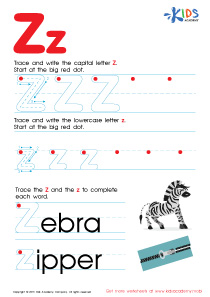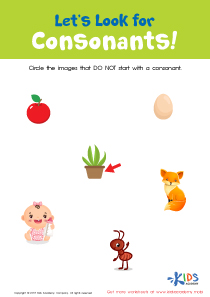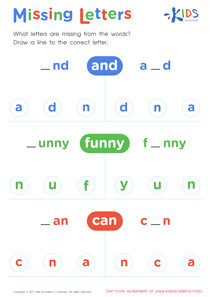Vocabulary expansion Extra Challenge Phonics Worksheets for Ages 3-5
9 filtered results
-
From - To
Discover our engaging "Vocabulary Expansion Extra Challenge Phonics Worksheets" designed specifically for ages 3-5! These worksheets help young learners build critical vocabulary skills through fun activities and phonics exercises. Each worksheet encourages children to explore sounds, letter combinations, and word meanings, promoting early literacy in a playful way. Perfect for parents and educators seeking to enhance vocabulary while embedding phonetic knowledge, these extra challenge worksheets are user-friendly and visually appealing. Whether at home or in the classroom, our phonics worksheets will keep your little ones intrigued and motivated to learn. Start your children on the path to literacy today!
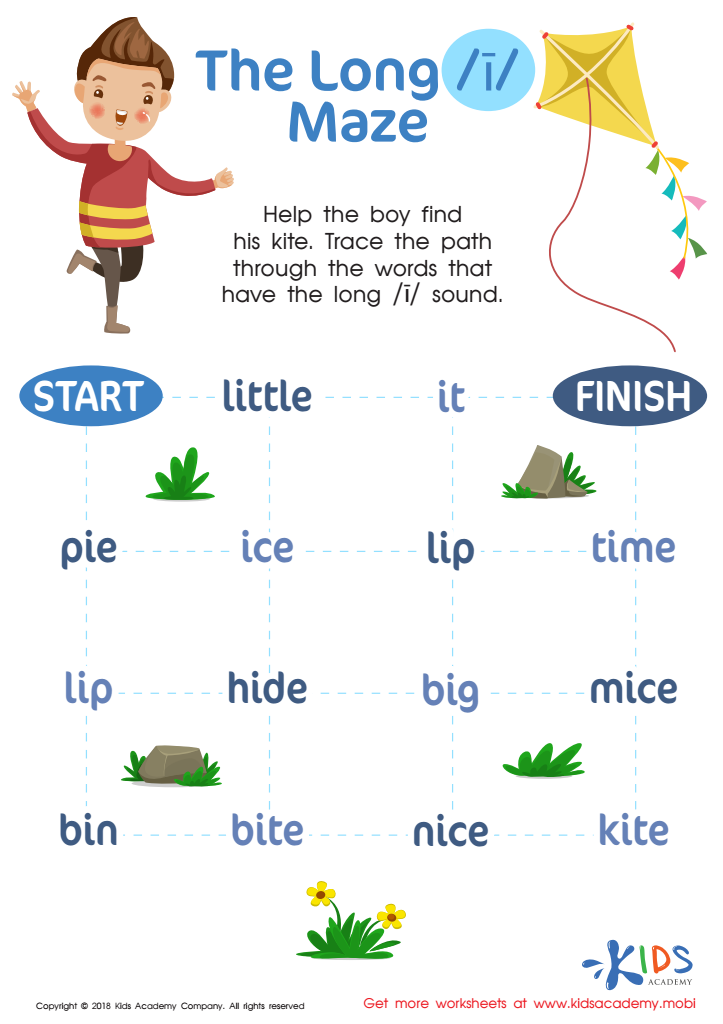

The Long I Maze Reading Worksheet
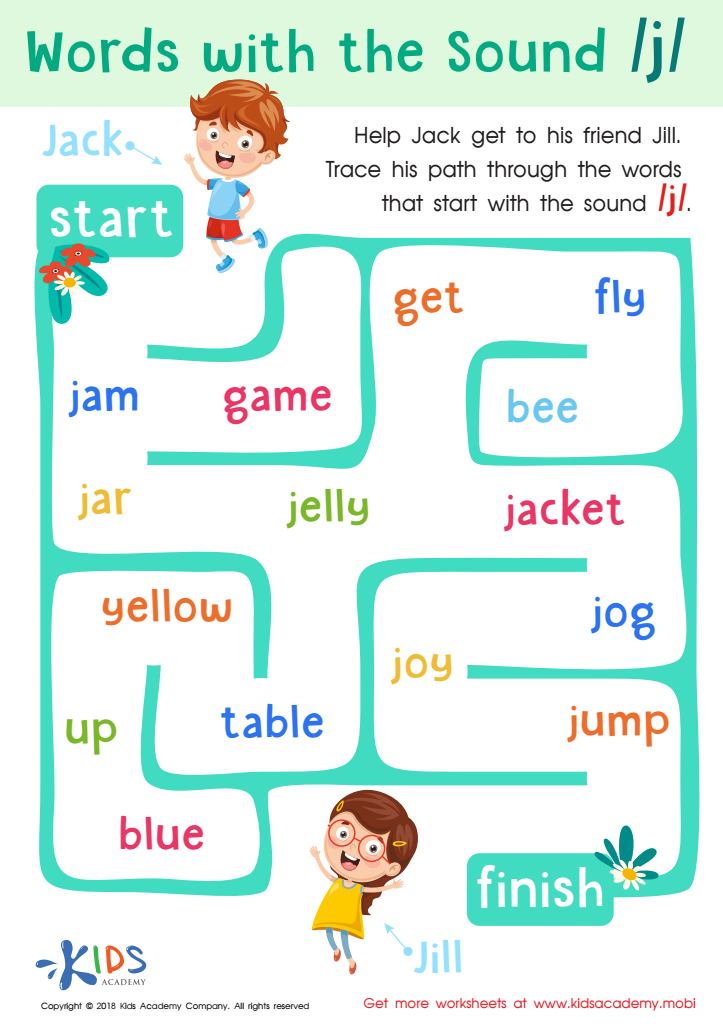

Words with sound j Reading Worksheet
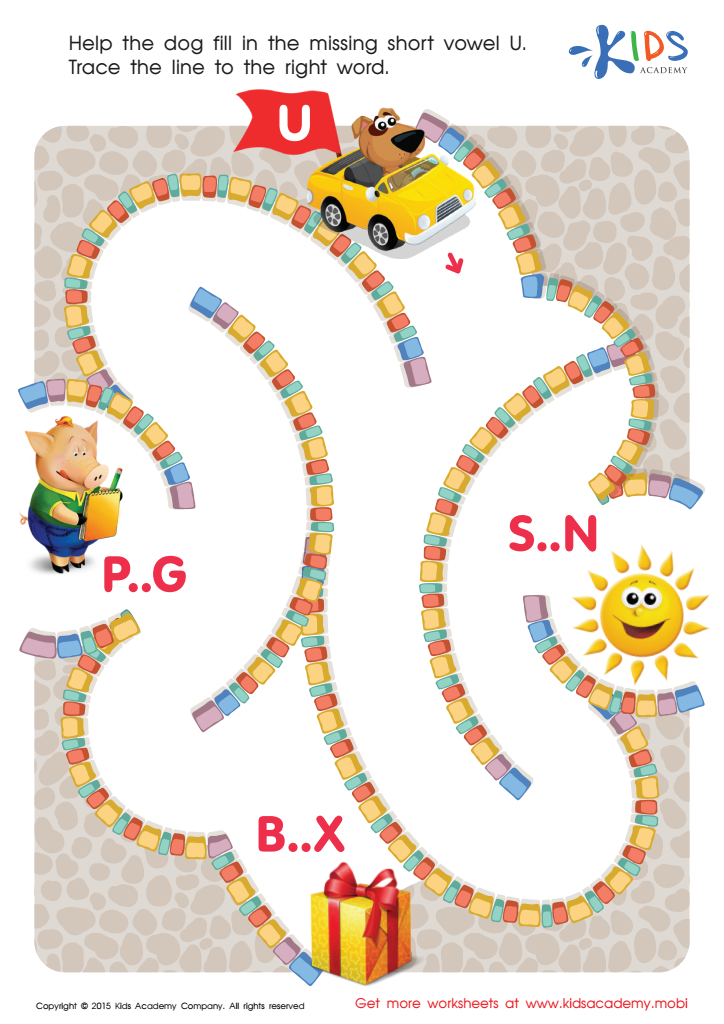

Short Vowel Sound U Worksheet
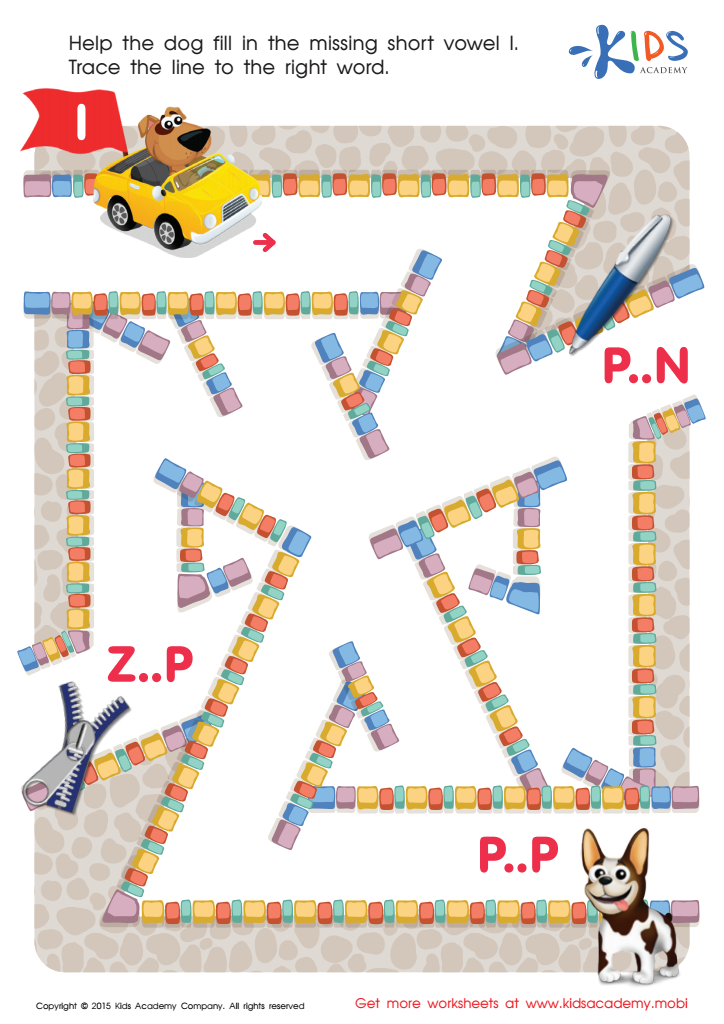

Short Vowel Sound I Worksheet
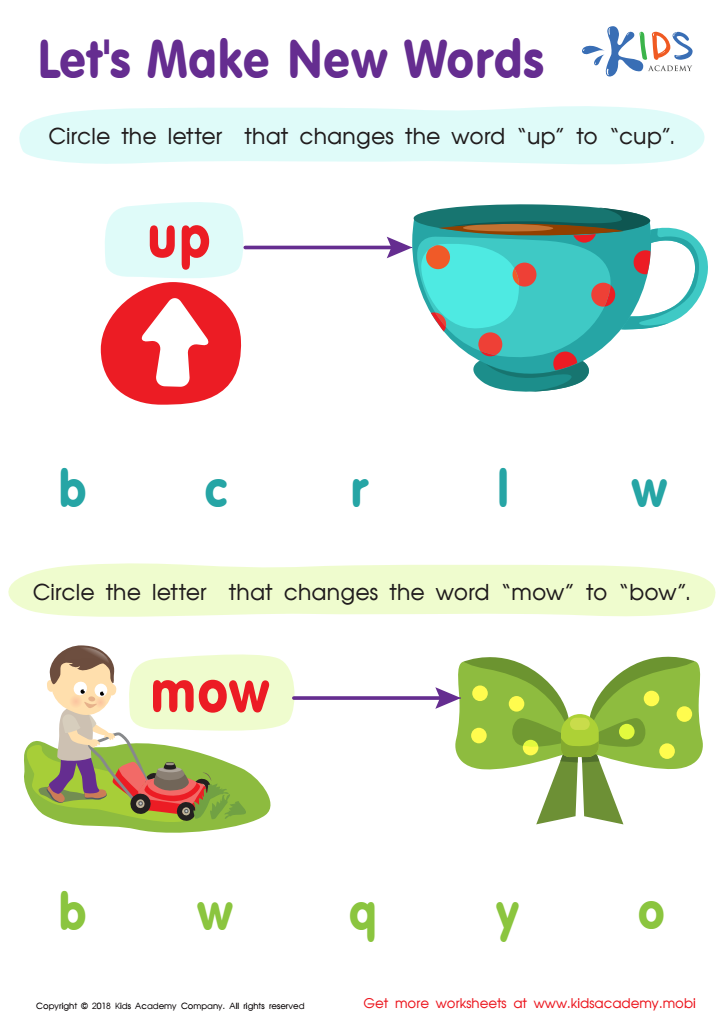

Let's Make New Words Worksheet
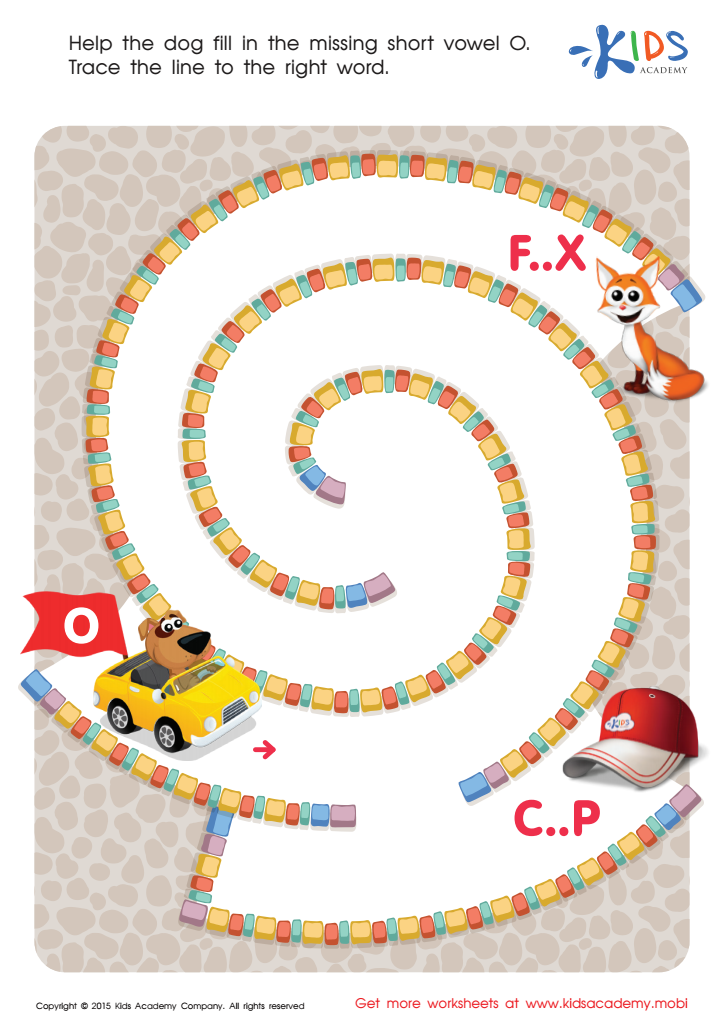

Short Vowel Sound O Worksheet
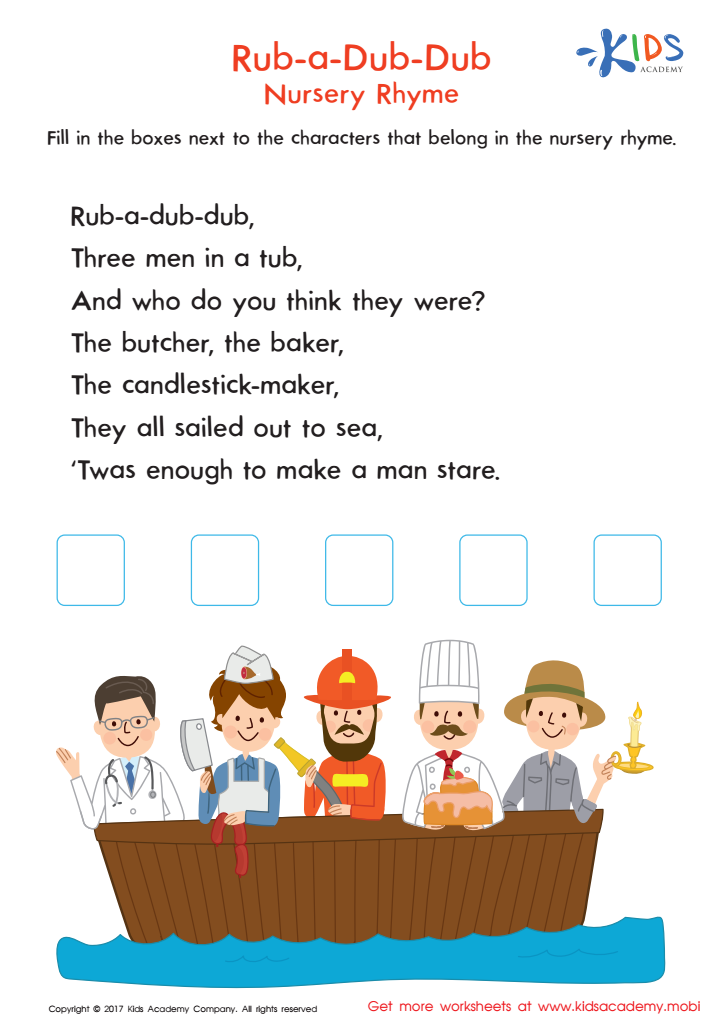

Rub a Dub Dub Printable
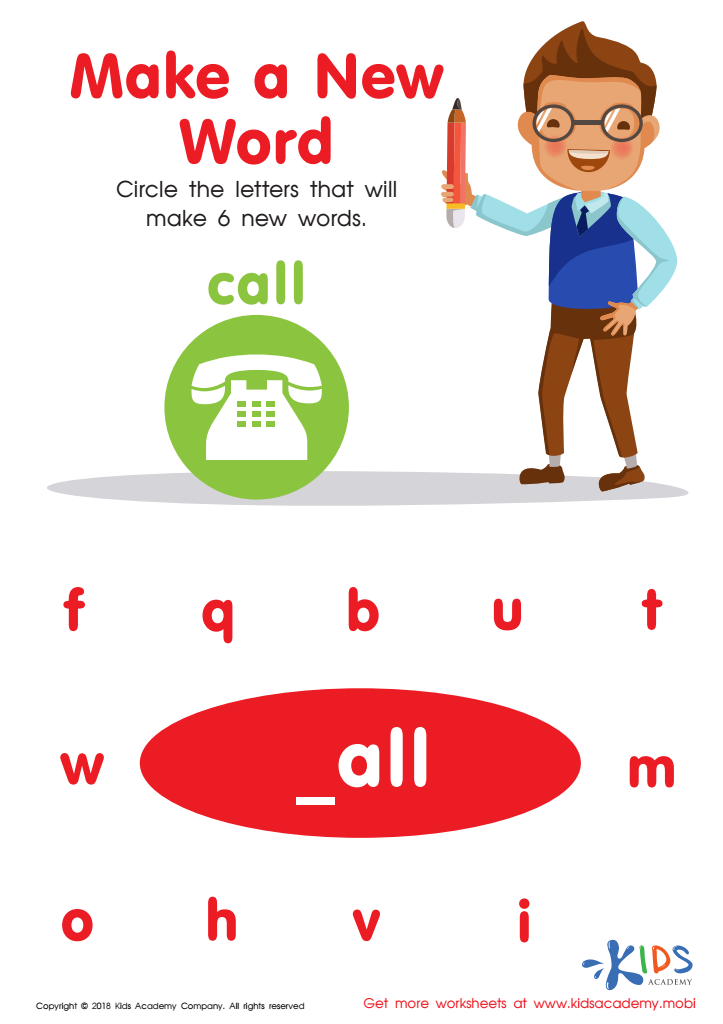

Make a New Word Worksheet
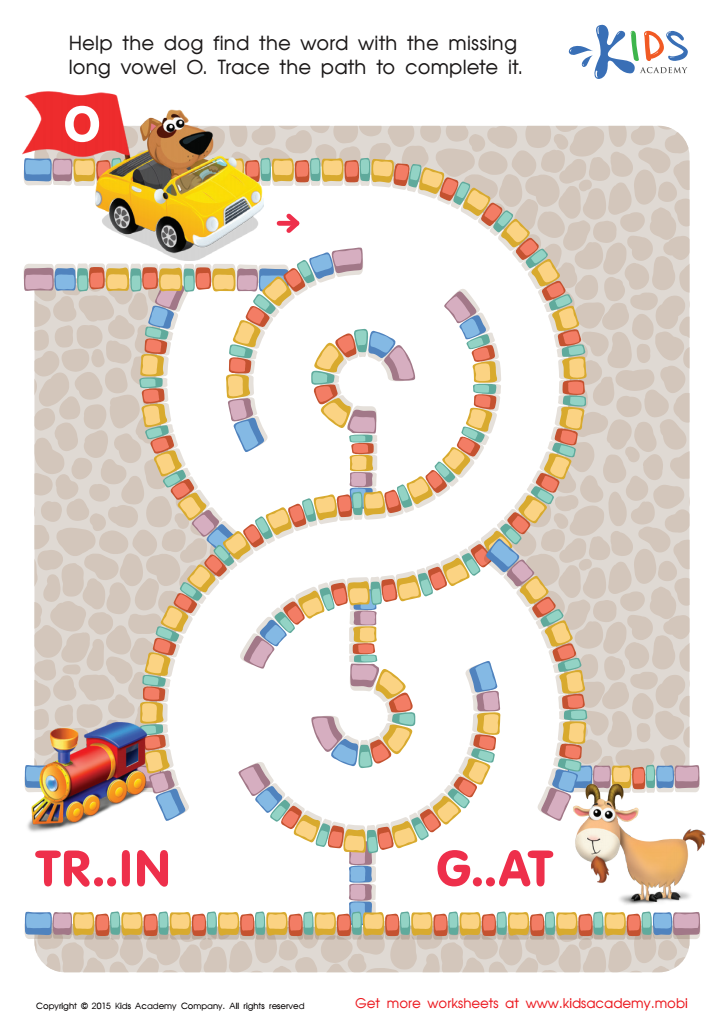

Long Vowel Sound O Worksheet
Parents and teachers should prioritize vocabulary expansion through programs like Extra Challenge Phonics for children ages 3-5 for several compelling reasons. At this critical developmental stage, children absorb language through play, interaction, and structured learning. An enriched vocabulary enhances their communication skills, enabling them to express thoughts, emotions, and needs more effectively.
Early vocabulary development is directly linked to later academic success. Research indicates that children with a strong vocabulary in preschool are more likely to excel in reading, writing, and overall literacy as they progress through school. Extra Challenge Phonics introduces children to sound-letter relationships in a fun, engaging manner, laying the groundwork for reading fluency.
Furthermore, an expansive vocabulary fosters cognitive development. It enriches children’s understanding of the world around them and enhances their critical thinking skills. Engaging with diverse words promotes creativity and curiosity, helping them make connections between concepts.
Ultimately, investing in programs like Extra Challenge Phonics helps children build essential language skills that promote self-confidence in communication and a lifelong love for learning. By focusing on vocabulary expansion early on, parents and teachers equip young learners with the tools they need for future academic achievement and personal growth.
 Assign to My Students
Assign to My Students










